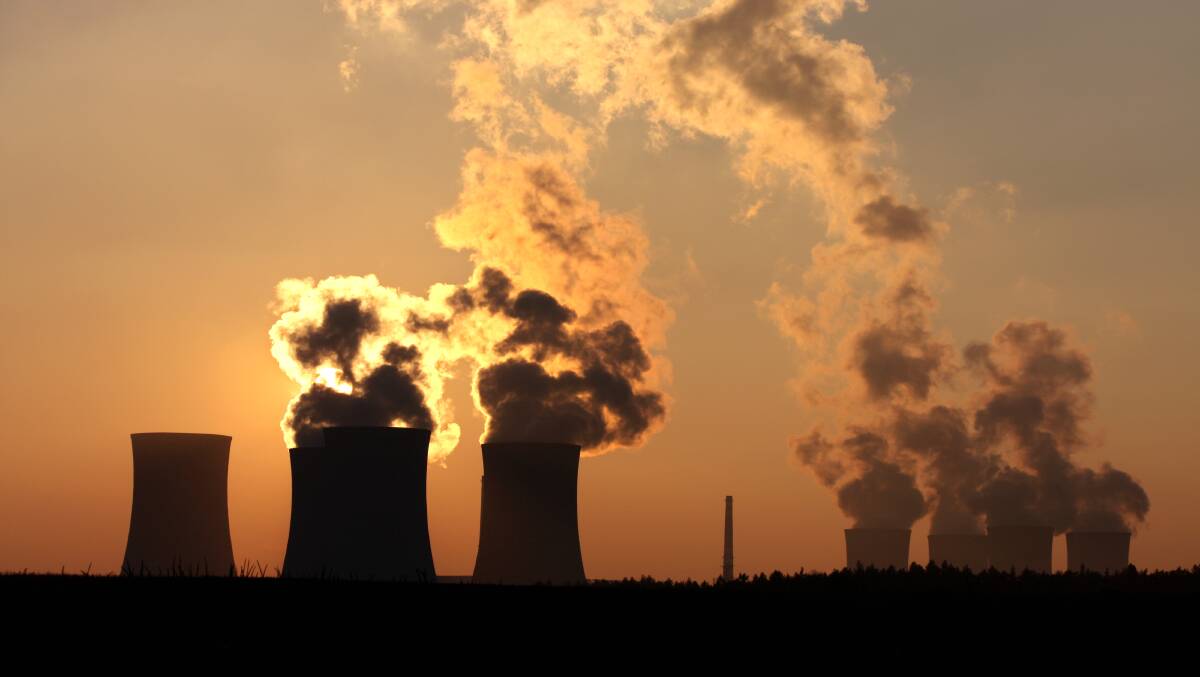Workers who lose their jobs when coal-fired power stations shut down face a massive pay cut when they find alternative employment, highlighting the impact the clean energy transition may have on many regional communities.
Subscribe now for unlimited access.
$0/
(min cost $0)
or signup to continue reading
A study of the experiences of workers at power stations that have closed in the past decade found their earnings fell almost 70 per cent in the year after they were made redundant and were still 51 per cent lower after four years.
The e61 Institute, which undertook the study, said these pay losses were far greater than those experienced by workers made redundant in other industries, and were particularly large for those in low-skilled occupations at power plants.

Research director at e61 Institute Dan Andrews said the findings underlined the need for governments to pay significant attention to how power plant closures were managed as part of the shift to renewable energy.
Seven coal-fired power plants are due to shutdown in the coming decade and 11 more are slated for closure between 2034 and 2051.
Mr Andrews said while the number of workers directly affected was "very small" in the context of the national labour market, where around 500,000 people enter and exit the workforce every month, power plants were often major employers in the communities in which they were situated, magnifying the impact of their closure.
The researcher said many of these communities were in marginal seats, making the impact of what happens there "politically salient".
"They are in regional and marginal seats," he said.
"[The transition] is costly for those workers. They are losing their jobs because of government action and they are bearing the cost. It is classic political economy - the benefits are diffuse but the costs are concentrated."
He warned if the transition was poorly managed, it could undermine public support for climate change policies.
University of NSW Business School economist Richard Holden said the experience of globalisation, in which the costs of change were concentrated and many of the benefits poorly shared, should be cautionary.
"We did a really lousy job of compensating those who lost from globalisation, particularly in the United States," Professor Holden said.
"We thought that it didn't matter if a whole lot of people all in one town lost their jobs all at the same time, when it very much does.
"It led to a lot of terrible economic and social outcomes and, to be honest, probably led to the rise of Donald Trump."
READ MORE:
Mr Andrews said the transition to net zero would create "a lot of opportunities and a lot of the workforce will be able to transition, but we just can't presume it will happen easily or without government support".
"We need to decarbonise," Prof Holden said. He cautioned against presuming "we'll just take the exact same people in the exact same places who have the coal mining jobs and suddenly they'll be making solar panels and problem solved".
"It's important that politicians don't think tat this is going to be easy, or that we can do it all with one policy," he said.


